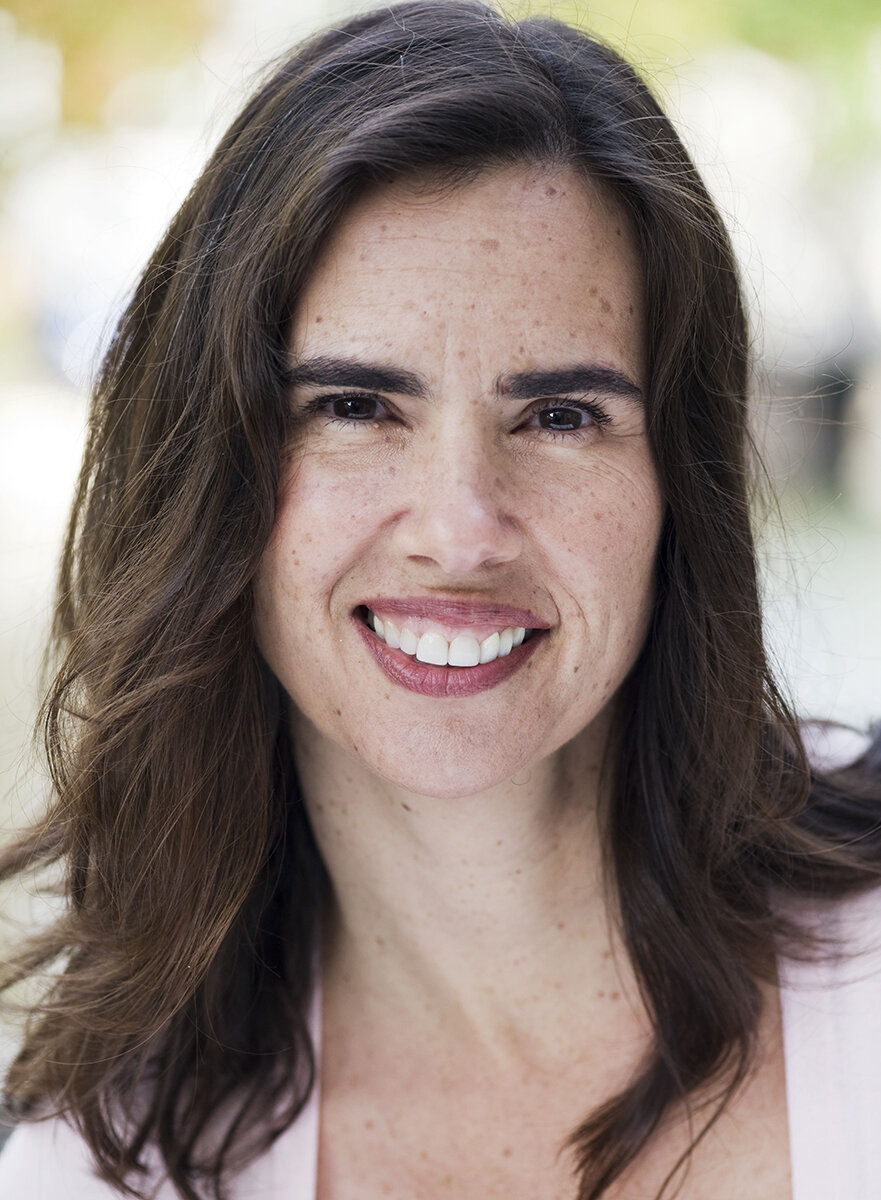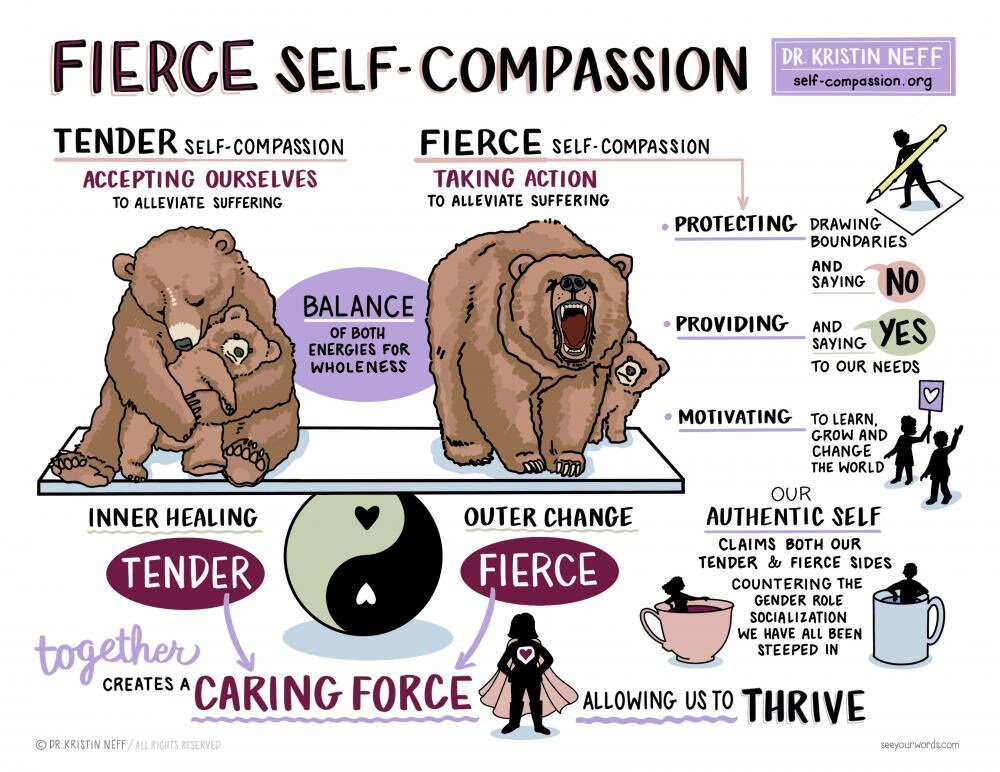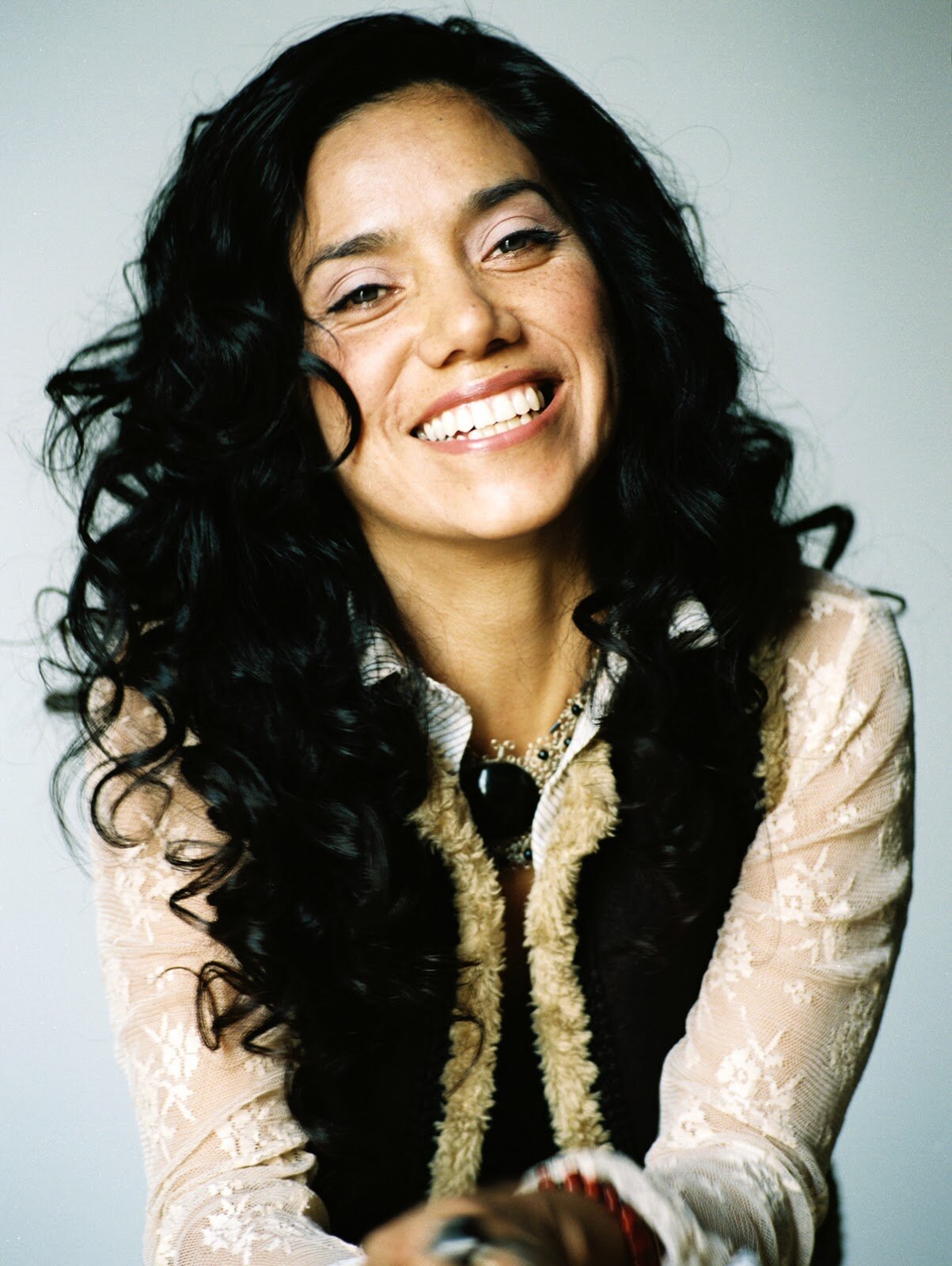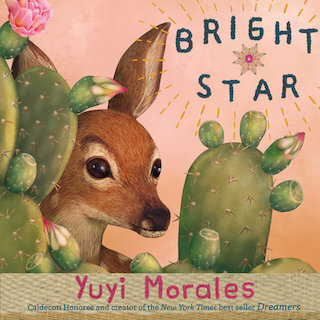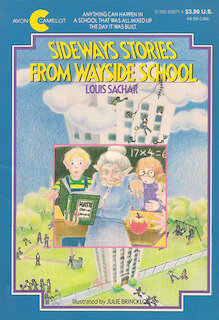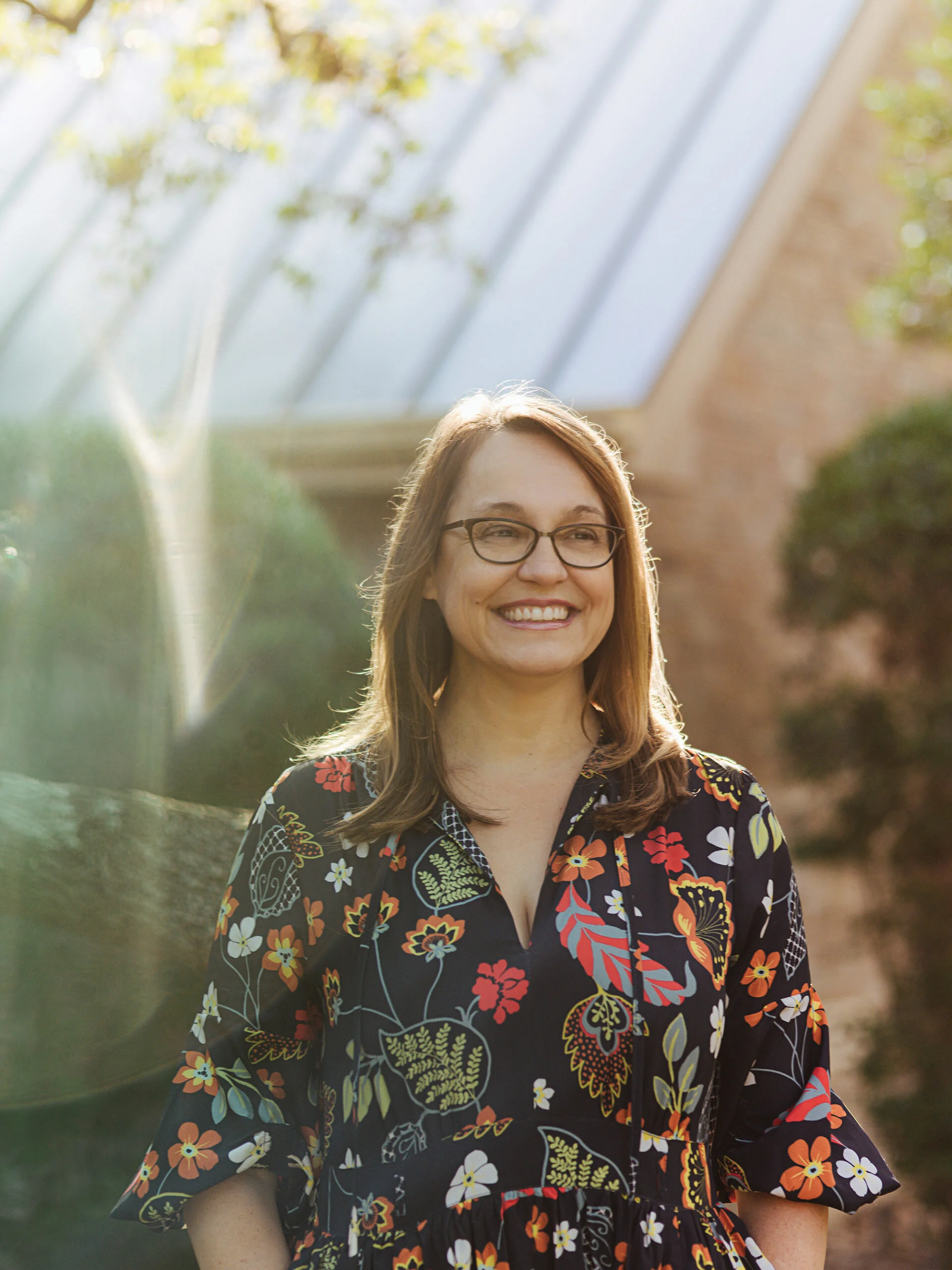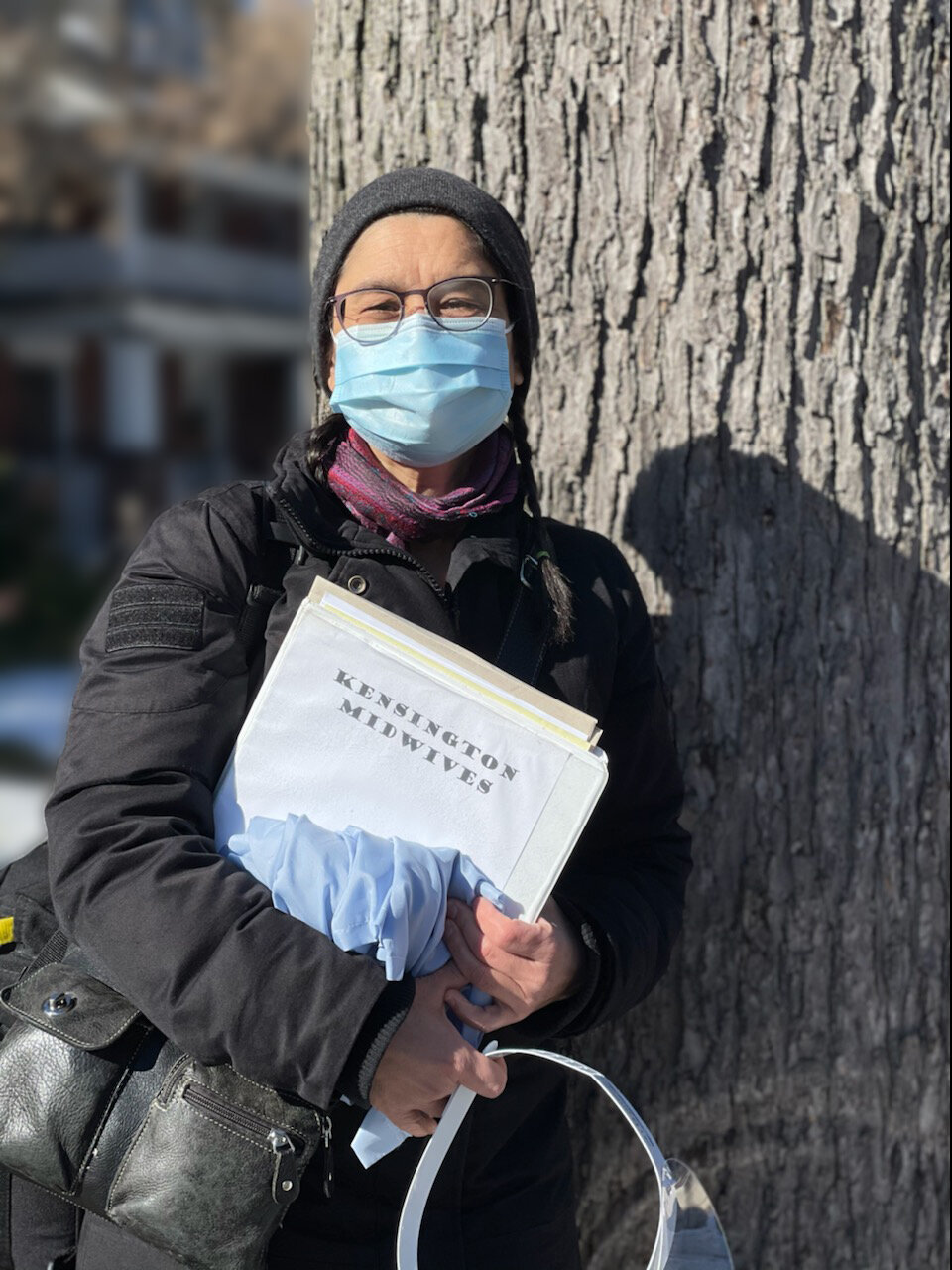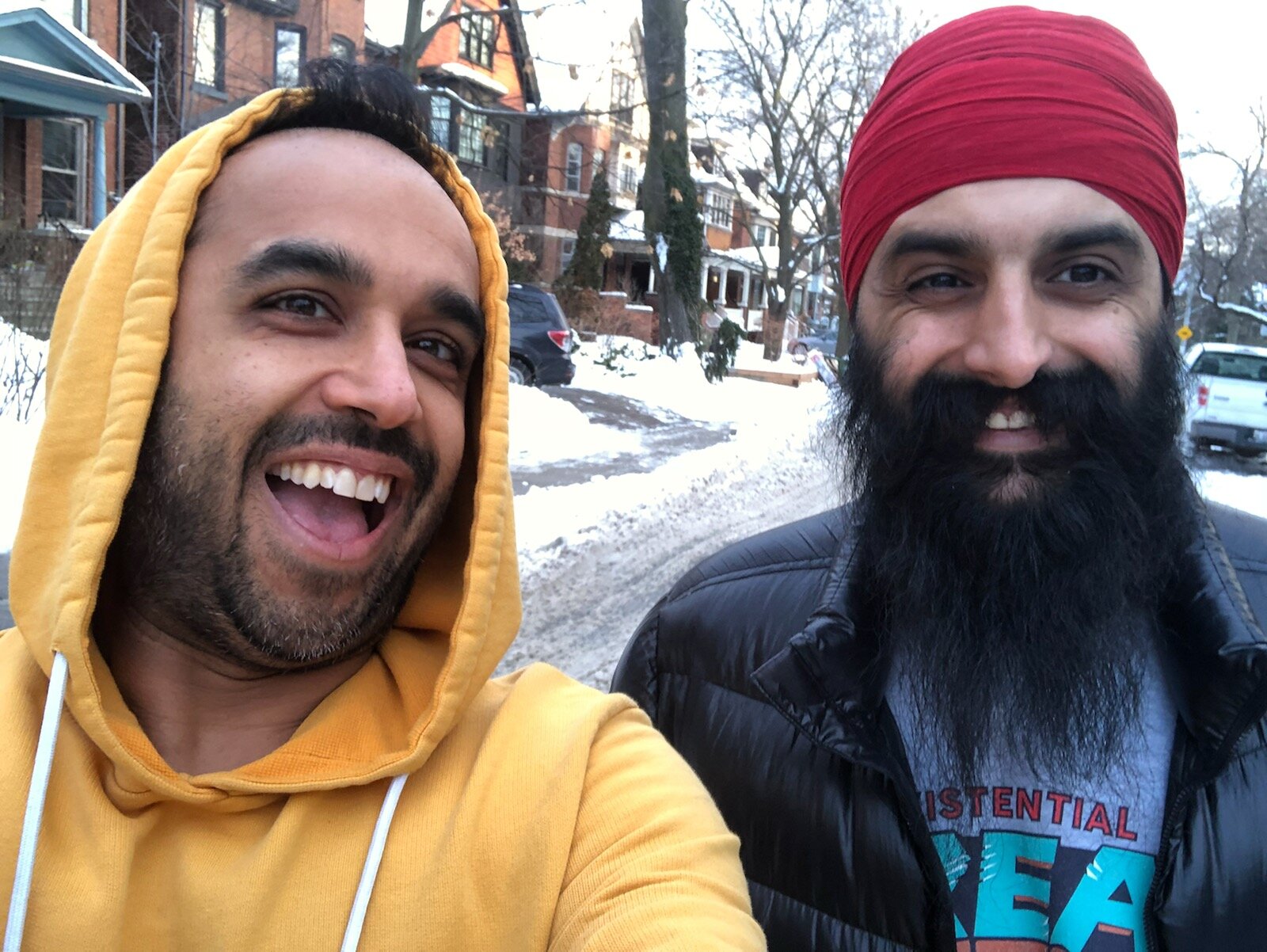Are you ready for a brain workout?
Are you ready for a mind expanding conversation with the incredible Dr. Kristin Neff?
Kristin received her doctorate from the University of California at Berkeley in moral development and followed it up with a post doc at the University of Denver studying self concept development and now she’s working as an Associate Professor of Educational Psychology at the University of Texas at Austin.
During Kristin’s last year of graduate school she became interested in Buddhism and has been practicing meditation in the Insight Meditation tradition ever since. While doing her post-doctoral work, she decided to conduct research on self-compassion – a central construct in Buddhist psychology and one that had not yet been examined empirically.
Kristin is a pioneer in the field of self-compassion research, creating a scale to measure the construct almost 20 years ago. She is the author of the book Self-Compassion: The Proven Power of Being Kind to Yourself, and the brand new book Fierce Self-Compassion: How Women Can Harness Kindness to Speak Up, Claim Their Power and Thrive.
Together with Dr. Chris Germer she developed a training program called Mindful Self-Compassion, which is taught by thousands of teachers worldwide. They co-authored The Mindful Self-Compassion Workbook as well as Teaching the Mindful Self-Compassion Program: A Guide for Professionals. She is also co-founder of the nonprofit Center for Mindful Self-Compassion.
In addition to her books and training program, Kristin has written over fifty academic journal articles and chapters on the topic of Self-Compassion over the past twenty years. And this is not egghead up in the ivory tower stuff. Her work has been cited over 35,000 times!
I also recommend you check out self-compassion.org to find a ton of other work like resources, instruments, practices, and of course guided meditations.
My wife Leslie joined me in the basement for this conversation because it’s through her that I first discovered Kristin’s work.
We sit down and discuss how you can embrace your tender and fierce sides, regrets, how to wield anger as a tool, the phrase “is this being used in the sense of harm or preventing harm?”, owning singledom, the difference between spinsters and bachelors, gender norms, and of course Dr. Kristin Neff’s 3 most formative books.
Join me as we flip the page into Chapter 80 …
What You'll Learn:
How can meditation help us navigate mistakes?
What is tender versus fierce self compassion and how do they alleviate suffering?
What do #MeToo, Black Lives Matter, and self-compassion have in common?
How we can channel our anger constructively?
Why is female anger perceived differently than male anger?
Who is the Goddess Kali?
How can anger and love co-exist?
How can we teach our kids to be angry in a constructive way?
How can we separate ego and anger?
What are the benefits of anger?
How are women socialized to view their worth through relationships?
Why are social systems still so sexist?
What does Buddhism teach us about love?
Why is there no male word for spinster?
What should men do to embrace their tender side?
How is self-compassion contagious?
How do we embrace our imperfections?
How should we build self esteem?
What are the three critical components of self-compassion?
What is a self-compassion break?
Notable quotes from Dr. Kristin neff:
“Anger wasn't a problem. It was my superpower.” Dr. Kristin Neff #3bookspodcast
“Anger is a face of love.” Dr. Kristin Neff #3bookspodcast
“Self-compassion is contagious if we model it out loud.” Dr. Kristin Neff #3bookspodcast
Connect with kristin:
Word of the chapter:
Resources Mentioned:
Kristin’s first book [21:10]
Kristin’s second book [37:45]
Kristin’s third book [58:32]
All About Love by bell hooks
Salvation by bell hooks
All the Single Ladies by Rebecca Traister
All the Single Ladies by Beyoncé
The Power of Vulnerability by Brené Brown
Be Here Now by Ram Dass
Radical Acceptance by Tara Brock


